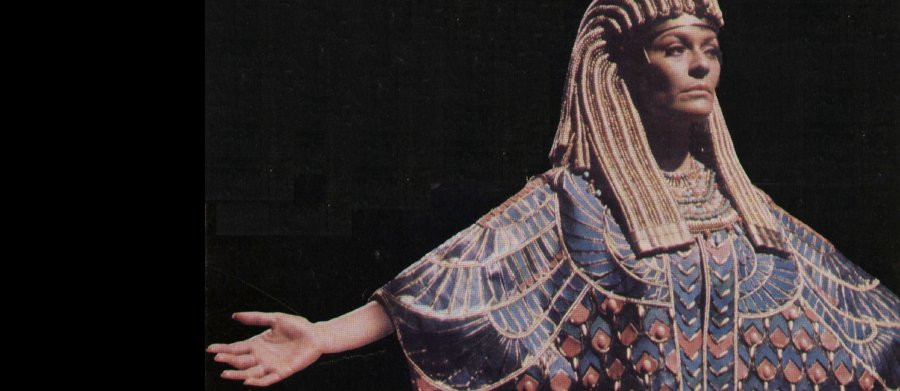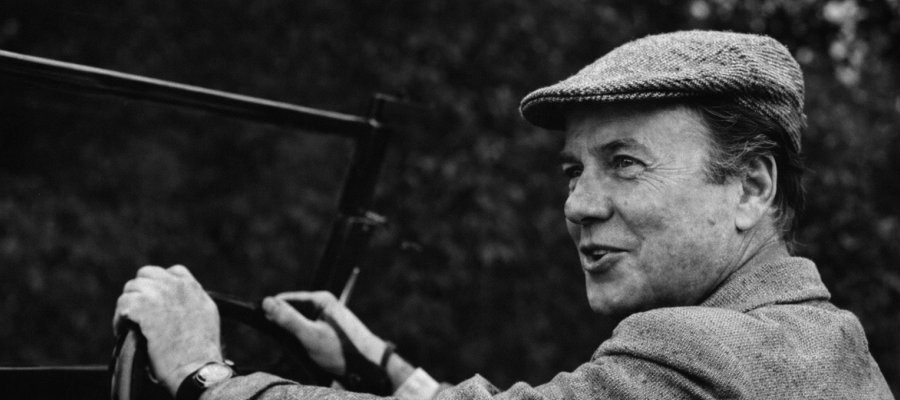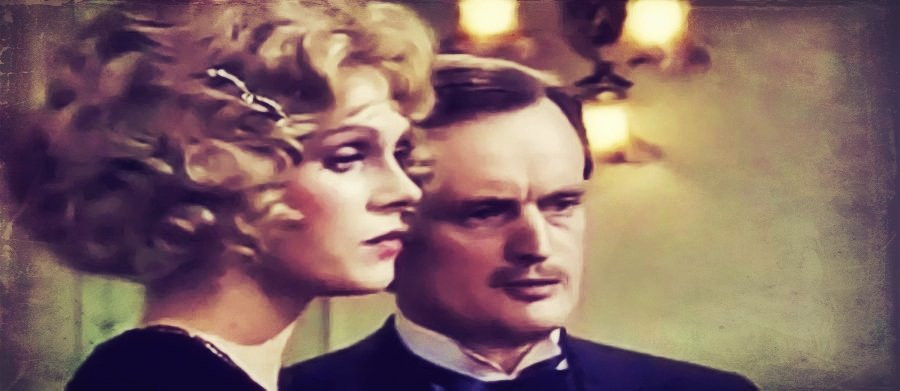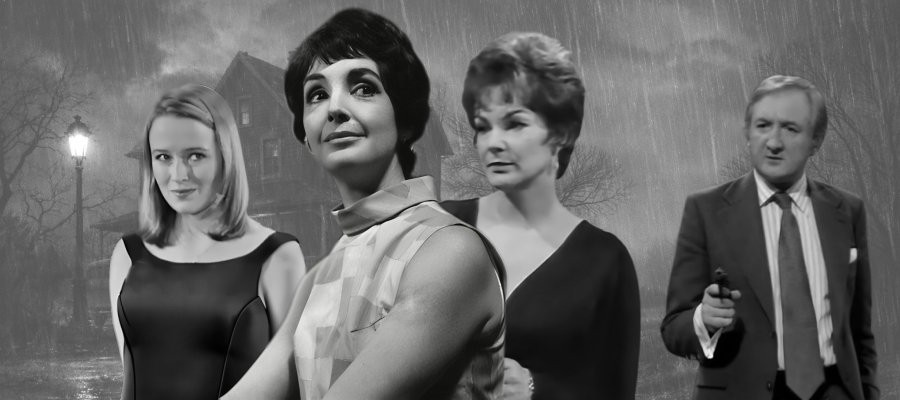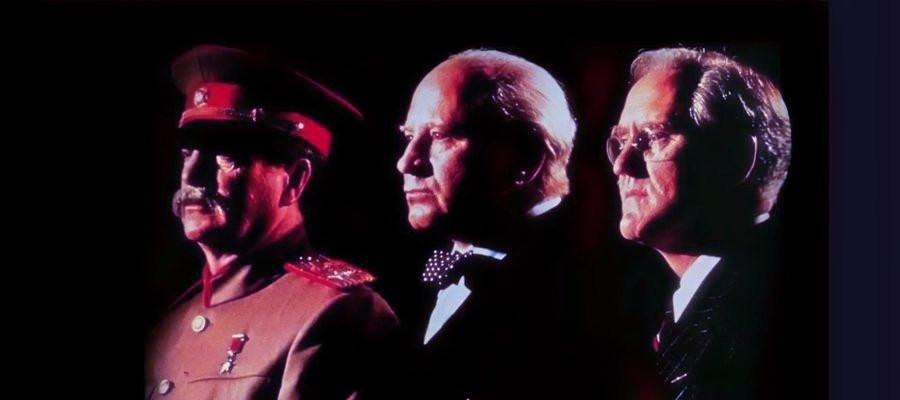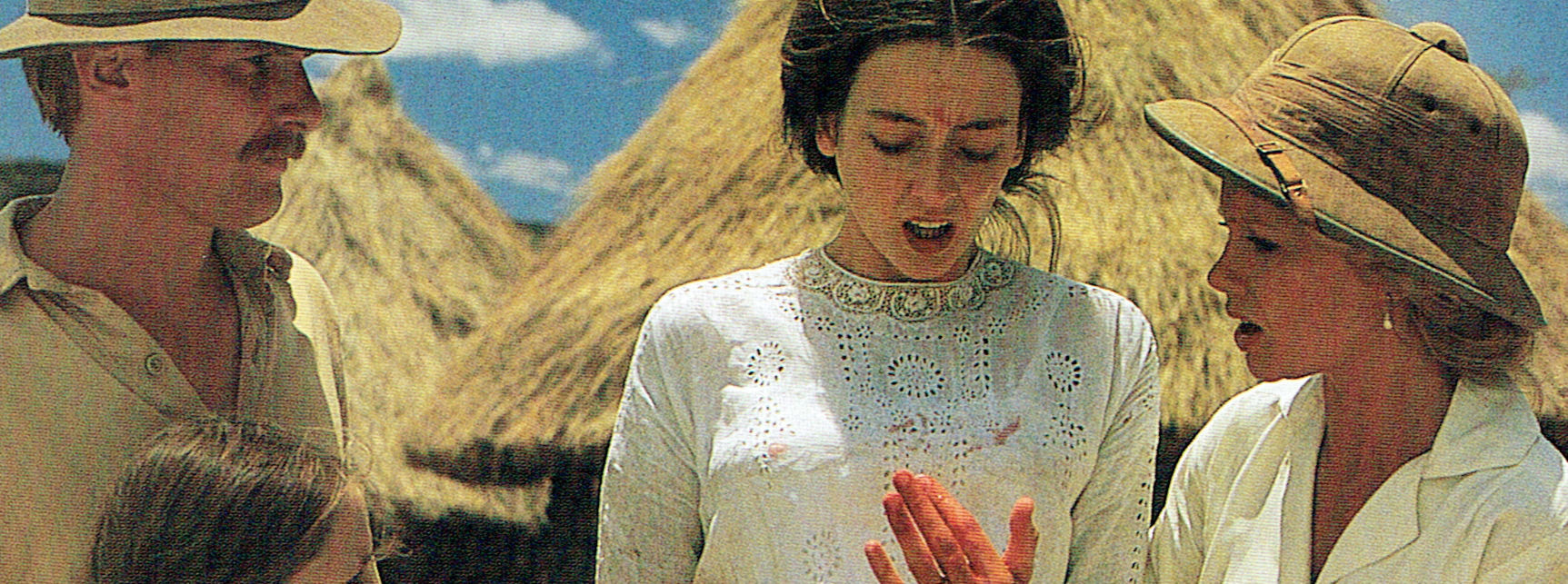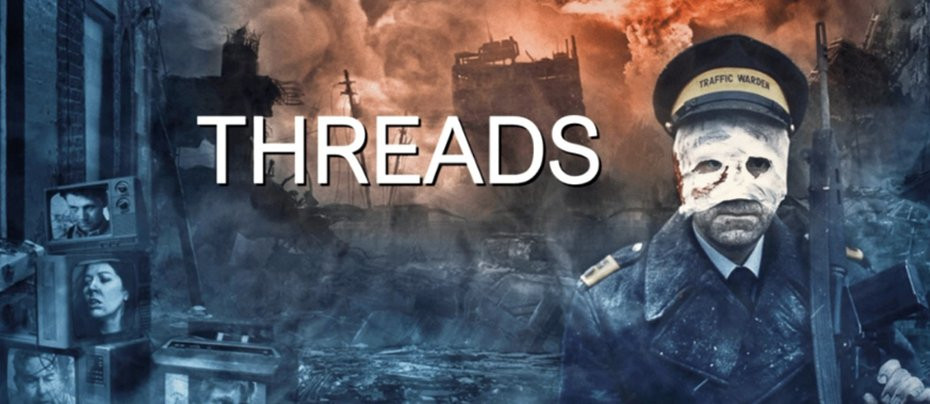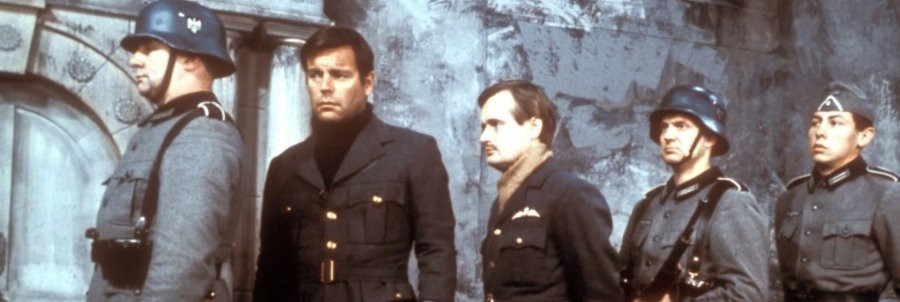
Colditz
1972 - United KingdomFaithful to the long-standing British tradition of presenting war dramas in an understated, realistic, and character-driven, yet nevertheless tense and compelling manner, Colditz was set in the infamous German POW camp Oflag IV-C. Perched on a cliff face in eastern Germany, the fortress was, and remains, better known worldwide as the legendary "escape-proof" Castle Colditz.
This World War II drama was inspired by the 1954 film The Colditz Story, starring John Mills and Eric Portman. That film, in turn, was based on the best-selling memoirs of real-life escapee Major Pat Reid, MC—who also served as technical advisor for the series. Airing on BBC1 from October 1972 to April 1974, Colditz quickly established itself as a compelling addition to the war drama genre.
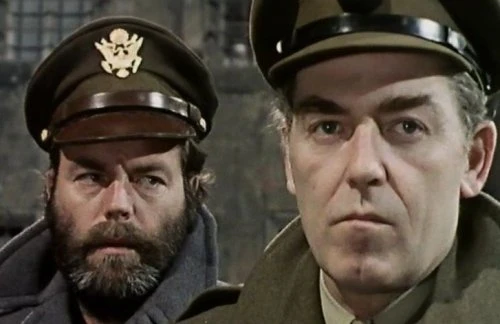
The first three episodes served as an extended prologue, introducing viewers to the central characters by chronicling the events leading to their incarceration in the camp. The British POW contingent was under the reluctant command of Lieutenant Colonel John Preston, portrayed with intelligence and quiet authority by respected character actor Jack Hedley. His main adversary—though never named—was the camp's German Kommandant, sympathetically played by the excellent Bernard Hepton.
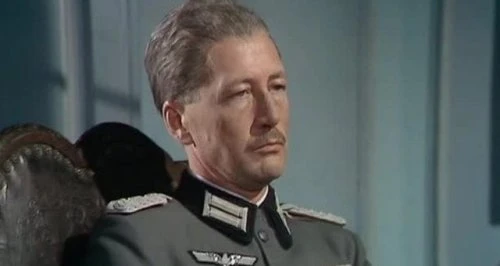
Thanks to a combination of assured performances and sensitive, well-crafted writing, the mutual respect between these two opposing officers added a surprising emotional depth to roles that could have easily become stereotypical. The overall tension increased significantly at the beginning of the second series, with the camp’s unwelcome takeover by the SS. This shift was embodied in the sinister figure of Major Horst Mohn, a sadistic security officer played with icy menace by Anthony Valentine—best known for his chilling role as Toby Mears in ITV’s Callan.
One of the series’ greatest strengths was its cast, comprising a host of internationally recognised actors. Among them was The Man from U.N.C.L.E.’s David McCallum as Flight Lieutenant Simon Carter, Edward Hardwicke (later to become perhaps the definitive Dr Watson in Granada’s Sherlock Holmes series opposite Jeremy Brett), Christopher Neame as Lieutenant Dick Player, and—most memorably—Hollywood’s Robert Wagner, whose two-episode guest appearance as Flight Lieutenant Phil Carrington helped revive a flagging acting career.
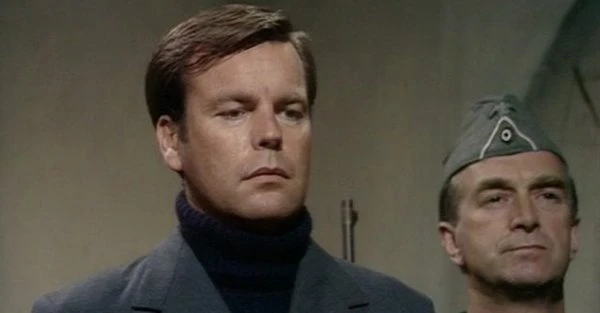
Other notable guest appearances included Patrick Troughton (the second Doctor Who), Nigel Stock, Peter Barkworth, and the veteran Irish actor Dan O’Herlihy as Lieutenant Colonel Max Dodd. On the writing front, the series benefited from scripts by several prominent talents, including cousins Ian and Troy Kennedy Martin, N.J. Crisp, John Kruse, John Brason, and the multi-talented Bryan Forbes, who had also acted in the 1955 film adaptation. Accomplished directors such as Michael Ferguson, Peter Creegan, Viktors Ritelis, and Terence Dudley lent their expertise to the production.
However, it was perhaps the daring and imaginative escape attempts that most captivated audiences. These ranged from traditional yet suspenseful methods like wall-scaling and guard impersonations to the audacious construction and planned launch of a homemade glider from the castle roof. One of the most disturbing — and memorable—storylines featured a prisoner who escaped by feigning insanity, only for the psychological toll of his deception to result in a real and tragic mental breakdown.
The series concluded with its 28th episode, depicting the long-awaited liberation of Colditz's inmates in 1945. It was a fitting end to a story steeped in tension, resilience, and the indomitable human spirit.
Colditz was a co-production between the BBC and America’s Universal Television. Curiously, it was never fully broadcast in the United States, with the exception of two episodes—A Very Important Person and Chameleon—which aired as a TV movie titled Escape from Colditz in 1974.
Arguably the most unexpected outcome of the series' success in the UK and across Europe was a surge in tourism to the real-life Colditz Castle. A contemporary review of the original film in The News of the World noted, “It has all the realism, dignity and courage of the men it commemorates.” The same could justly be said of the series.
Thanks to outstanding performances, intelligent writing and direction, and the BBC Drama Department’s trademark production values, Colditz the series was a worthy and evocative tribute to the courage, ingenuity, and sacrifice of the real-life POWs it portrayed—just as much so as the distinguished film that inspired it.
Seen this show? How do you rate it?
Seen this show? How do you rate it?
Published on December 4th, 2018. Written by Laurence Marcus for Television Heaven.


